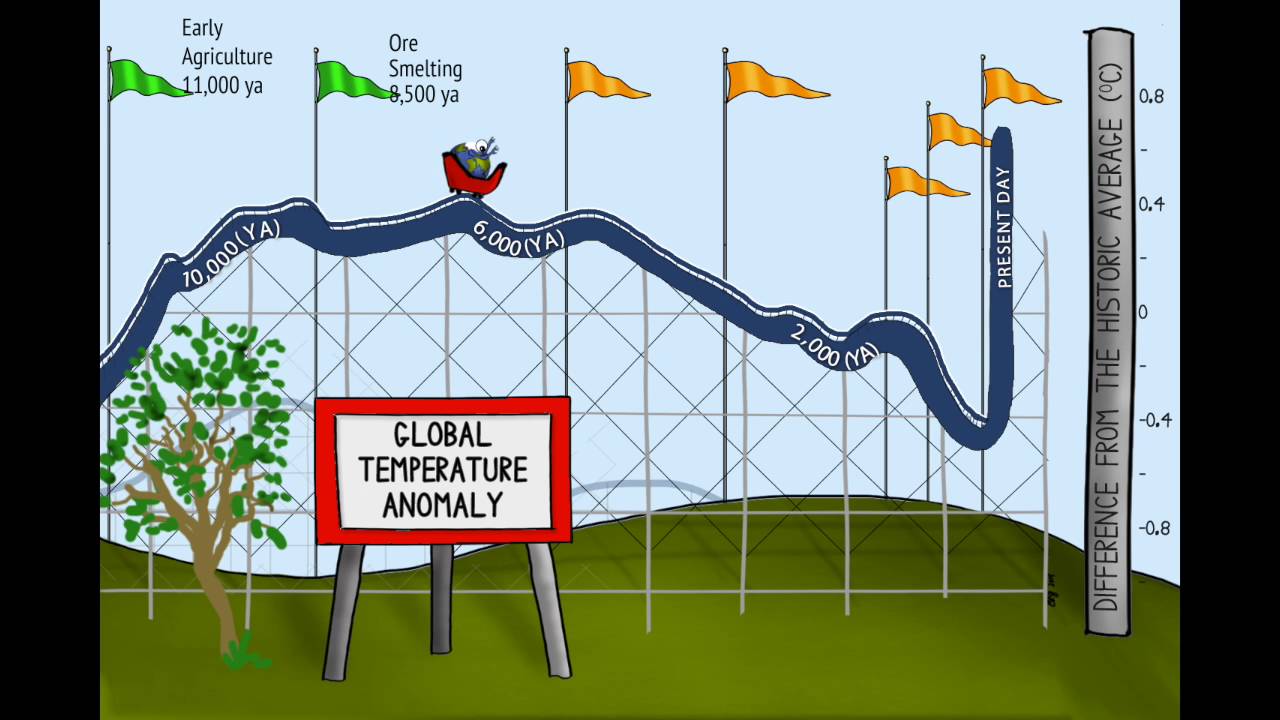The annual planetary temperature continues to rise posing serious threat to the human existence.
Last 10 years were on average 0.2C warmer than the first 10 years of this century.
More than 500 scientists from 61 countries have measured the annual planetary temperature.
According to their measurement, the year 2019 was one of the three warmest years since formal temperature records began in the 19th century.
Talking to eminent environment expert Ainun Nishat said despite global promises to act on climate change, the planet continued to get warm.
As polar ice cap is melting inevitably all the coastal countries including Bangladesh will go under water very soon, he said.
Elaborating more, he said when temperature rises and ice melts, more water flows to the seas from glaciers and ice caps and ocean water gets warmer and expands in volume.
Referring to this combined effects, he said it had played a major role in raising average global sea level between four and eight inches (10 and 20 centimeters) in the past hundred years.
Climate Change Expert Prof. Saleemul Huq, said such increasing temperature can causes bad consequences for countries especially those in coastal areas.
Those countries might go under water, experience hottest heat waves, more frequent droughts, heavier rainfall and more powerful hurricanes, he said.
Abdur Rahman, Deputy Director of Bangladesh Meteorological Department, said in Bangladesh the temperature is increasing very slowly.
"Although we do not belong to the countries that are responsible for carbon emission and our temperature is slowly rising up but still it is a threat for us due to our geo location," he said.
Record high temperatures were measured in more than a dozen nations across Africa, Europe, Asia and the Caribbean. In North America, Alaska scored its hottest year on record.
The Arctic as a whole was warmer than in any year except 2016. Australia achieved a new nationally average daily temperature high of 41.9�C on 18 December, breaking the previous 2013 record by 1.6�C.
Even Belgium and the Netherlands saw temperatures higher than 40�C.
For the 32nd consecutive year, the world's alpine glaciers continued to get smaller and retreat further uphill.
Two more greenhouse gases - nitrous oxide and methane, both of them more short-lived - also increased measurably.
The study, in the Bulletin of the American Meteorological Society, is a sobering chronicle of the impact of climate change in the decade 2010-2019 and the year 2019 itself.
It is the 30th such report signed by 528 experts from 61 countries and it is a catalogue of unwelcome records achieved and uncomfortable extremes surpassed.














